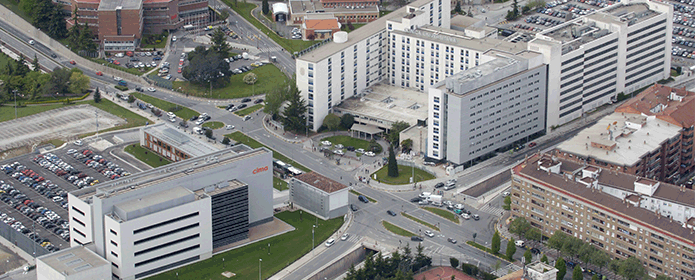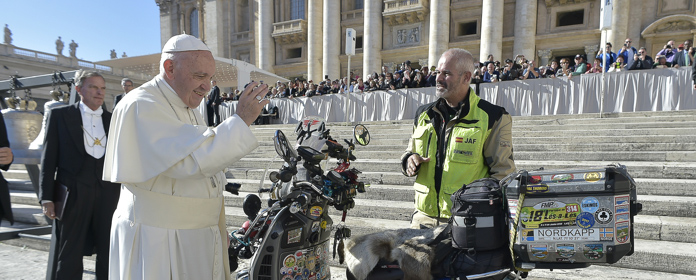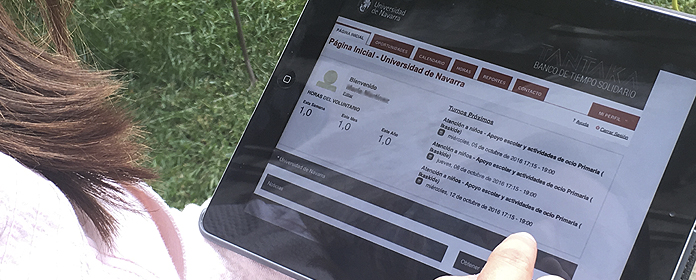Small World Initiative or on how to help students find their own antibiotics
This international initiative has been organized since this year in 10 schools in the region by Microbiology teachers.
Small World Initiative emerged at Yale University (USA) in 2012 as a citizen science project to find new antibiotics, foster scientific culture and help awaken new scientific vocations among young students.
From there it has been spreading all over the world (it has already established itself in 12 countries). In this academic year 2017-18 it has arrived in Navarra through the hand of the professor of department of Microbiology and Parasitology of the University of Navarra David González.
He -together with the teachers and PIFs Ignacio López Goñi, Anabel Vitas, Gabriel Reina, Lara Pérez, Yadira Pastor, Melibea Berzosa, Amaia Zúñiga and Leticia Lázaro- and fifty students of 3rd and 4th year Biology, Biochemistry , Pharmacy and Human Nutrition and Dietetics -who collaborate as volunteers accompanying them in the different centers- have launched the first edition of project in the region, to which more than ten schools have signed up.
The approach - which emulates Alexander Fleming's accidental finding of penicillin - "aims to involve high school students in a global project of research , in which several countries participate, addressing a very important health problem: the need to find new antibiotics effective against infectious diseases," says Professor Gonzalez.
To do this, the students carry out a series of experiments led by the teachers and divided into 5 sessions. "In them they collect soil samples, isolate various bacteria, test these bacteria they have isolated against clinically relevant microorganisms and then characterize those that show inhibitory activity," details the researcher of Microbiology.
Participating in the fight against the antibiotic crisisThe initiative's approach also provides a platform for finding of antibiotics, harnessing the power of active learning to achieve educational and scientific goals. "This initiative differs from traditional courses, as it offers opportunities for original research rather than relying on experiments with predetermined results," says Professor David Gonzalez. Thus, people involved in the initiative have the opportunity to contribute to averting the antibiotic crisis, while acquiring skills from laboratory.
Also, this service-learning project has the support of partnership of the Science Museum of the University of Navarra.




